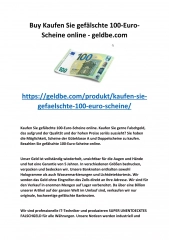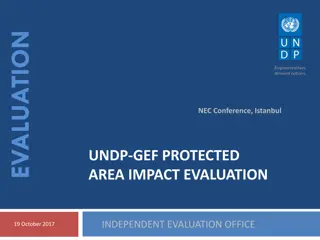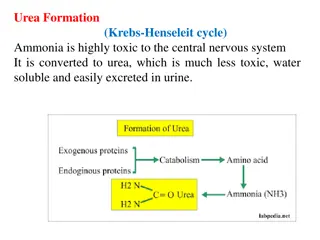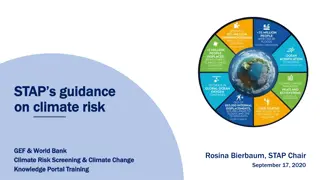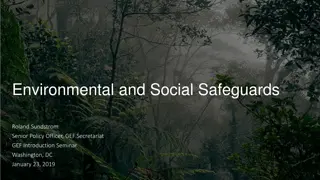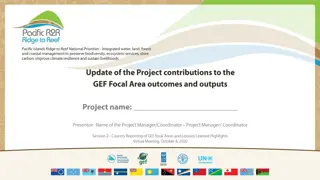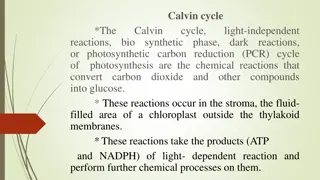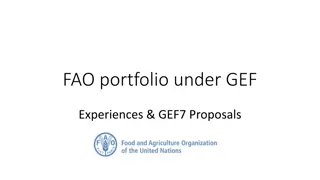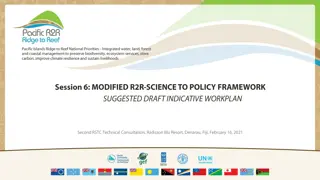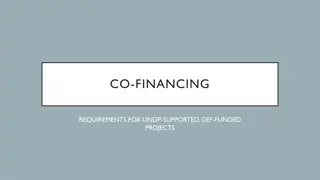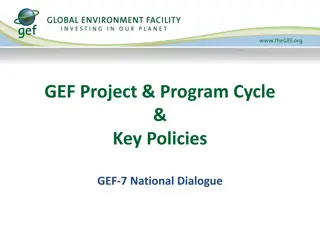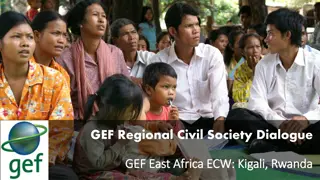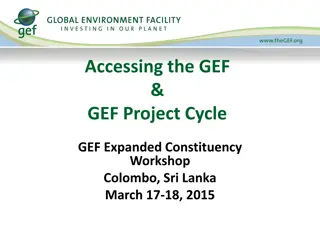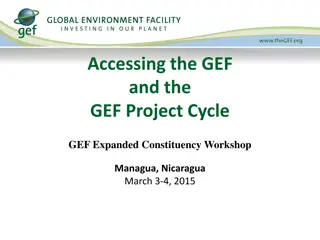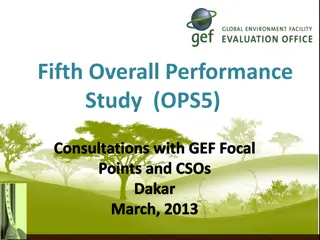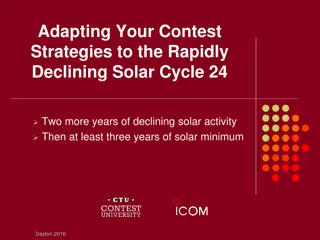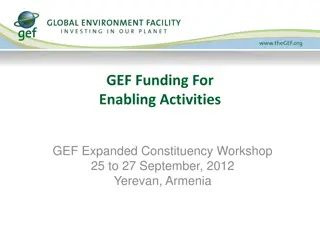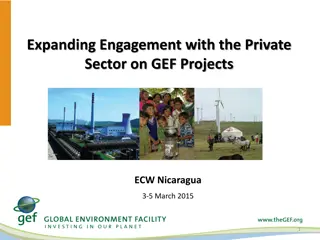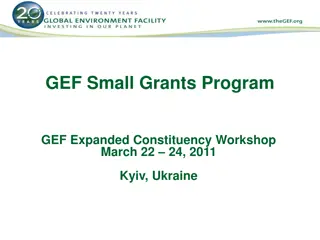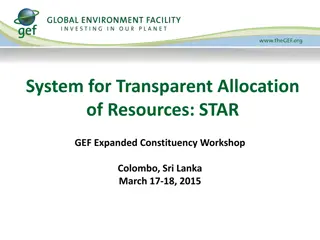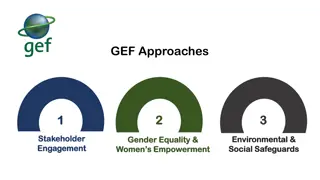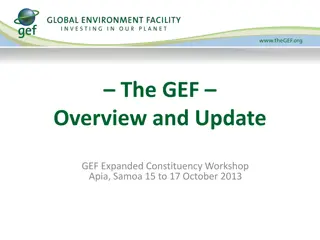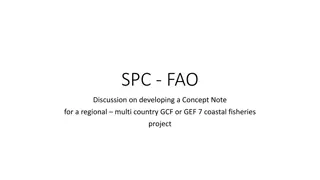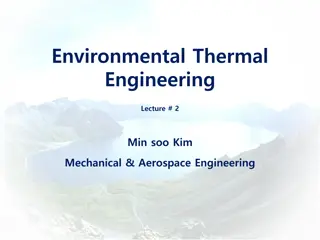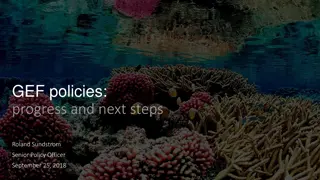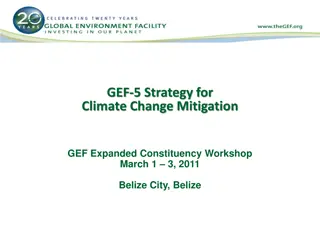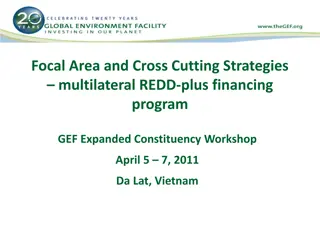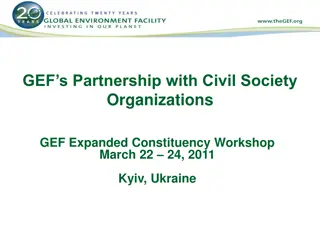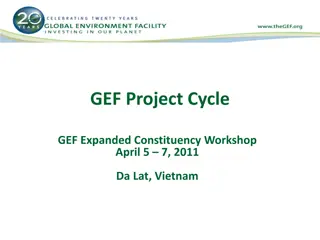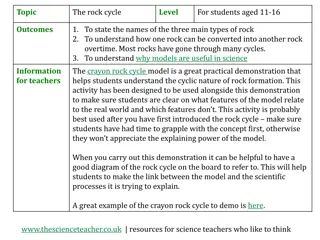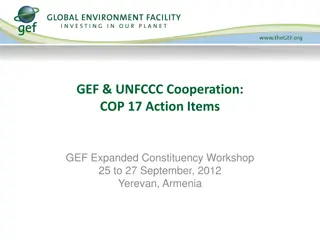BUY KAUFEN SIE GEFÄLSCHTE 100-EURO-SCHEINE ONLINE
Kaufen Sie gef\u00e4lschte 100-Euro-Scheine online. Kaufen Sie gerne Falschgeld, das aufgrund der Qualit\u00e4t und der hohen Preise seri\u00f6s aussieht? Sie haben die M\u00f6glichkeit, Scheine der G\u00fcteklasse A und Doppelscheine zu kaufen. Bezahlen Sie gef\u00e4lschte 100-Euro-Scheine online.
2 views • 2 slides
Buy Kaufen Sie gefälschte 100-Euro-Scheine online - @deutscherdarkstore
Kaufen Sie gef\u00e4lschte 100-Euro-Scheine online. Kaufen Sie gerne Falschgeld, das aufgrund der Qualit\u00e4t und der hohen Preise seri\u00f6s aussieht? Sie haben die M\u00f6glichkeit, Scheine der G\u00fcteklasse A und Doppelscheine zu kaufen. Bezahlen Sie gef\u00e4lschte 100-Euro-Scheine online.
1 views • 2 slides
Buy Kaufen Sie einen gefälschten deutschen Personalausweis Online - geldbe
Kaufen Sie einen gef\u00e4lschten deutschen Personalausweis. Gef\u00e4lschte Ausweise sind ein beliebter Kauf f\u00fcr viele Menschen, die Alkohol kaufen, Clubs besuchen oder an Aktivit\u00e4ten teilnehmen m\u00f6chten, f\u00fcr die sie gesetzlich nicht alt genug sind. Allerdings kann es eine Heraus
2 views • 4 slides
Buy Kaufen Sie gefälschte 100-Euro-Scheine online - geldbe.com
Kaufen Sie gef\u00e4lschte 100-Euro-Scheine online. Kaufen Sie gerne Falschgeld, das aufgrund der Qualit\u00e4t und der hohen Preise seri\u00f6s aussieht? Sie haben die M\u00f6glichkeit, Scheine der G\u00fcteklasse A und Doppelscheine zu kaufen. Bezahlen Sie gef\u00e4lschte 100-Euro-Scheine online.
2 views • 2 slides
Impact Evaluation of Protected Areas and Biodiversity Conservation Projects
This evaluation focuses on the impact of UNDP-GEF supported Protected Areas (PAs) across 137 countries since 1992. It includes analysis of forest change, species population, human interaction with PAs, capacity trends, and governance. The portfolio analysis covers 618 projects with over $12.3 billio
0 views • 12 slides
Urea Biosynthesis and the Krebs-Henseleit Cycle in the Liver
Urea is synthesized in the liver through a series of enzymatic steps known as the urea cycle or Krebs-Henseleit cycle. This process involves converting toxic ammonia into urea, a less toxic and water-soluble compound that can be easily excreted in urine. The liver plays a crucial role in urea biosyn
1 views • 20 slides
Climate Risk Assessment and Guidance for GEF Projects
This content discusses the guidance provided by STAP on climate risk assessment for GEF projects, emphasizing the importance of evaluating sensitivity to climate change, addressing risks over the period 2020-2050, and considering mitigation measures. It highlights observations from the June 2020 wor
0 views • 10 slides
GEF Environmental & Social Safeguards Policy Overview
The Global Environment Facility (GEF) established the Policy on Environmental & Social Safeguards to address risks and impacts in projects. The approach includes minimum standards for agencies, conflict resolution, and safeguard implementation throughout the project cycle. Key elements involve envir
1 views • 8 slides
Project Contributions to GEF Focal Areas Outcomes and Outputs
Highlighting the project's contributions to various GEF focal areas outcomes and outputs, including biodiversity, climate change adaptation, mitigation, and more. The presentation covers strategic issues encountered, lessons learned from implementing a programmatic approach, and insights on upscalin
0 views • 7 slides
Understanding the Calvin Cycle in Photosynthesis
The Calvin cycle, also known as the light-independent reactions, is a crucial part of photosynthesis where carbon dioxide is converted into glucose. This cycle occurs in the stroma of chloroplasts and utilizes ATP and NADPH from the light-dependent reactions to produce sugars for plants. It consists
5 views • 15 slides
FAO GEF Experiences and New Initiatives in Climate Resilience
FAO's involvement in GEF projects such as SAMIS and CAWA focuses on enhancing climate resilience in wetland areas through innovative approaches like climate-smart agriculture. The ongoing projects aim to reduce vulnerability to climate change and integrate adaptation measures into local planning pro
1 views • 11 slides
GEF Ridge to Reef Programme for Sustainable Development in Pacific Islands
The GEF Ridge to Reef Programme, a collaborative effort by UNDP, FAO, and UNEP, aims to support the strategic investment for sustainable development in Pacific Islands through integrated environmental and natural resource management. Challenges such as the COVID-19 outbreak and limited local experti
0 views • 6 slides
Understanding Co-Financing Requirements for UNDP-Supported, GEF-Funded Projects
Co-financing for GEF-financed projects refers to additional resources provided by the GEF Partner Agency or other non-GEF sources to support project implementation and goals. The sources of co-financing include various entities such as bilateral aid agencies, foundations, governments, civil society
0 views • 8 slides
Overview of GEF Project and Program Cycle
The Global Environment Facility (GEF) operates through key policies and partnerships to support projects and programs targeting global environmental impacts. The GEF cycle includes project modalities like Full-Sized Projects and Medium-Sized Projects, alongside enabling activities. The process invol
0 views • 9 slides
Enhancing Civil Society Engagement in GEF Programs: A Path to Sustainability
This article explores the significant role of civil society organizations (CSOs) in the Global Environment Facility (GEF) programs, highlighting the GEF's efforts to foster dialogue and collaboration between CSOs and stakeholders. It delves into the historical context, objectives, and roles of CSOs
0 views • 10 slides
Understanding the GEF Project Cycle and Funding Schemes
Explore the GEF Project Cycle covering requirements, funding schemes based on project size, approval processes, and project completion steps. Learn about medium-sized project cycles and enabling activities in GEF projects.
0 views • 10 slides
Understanding GEF Project Cycle and Financing
This content explains the accessing of the Global Environment Facility (GEF) and its project cycle, including acronyms used, GEF financing objectives, eligibility criteria for project proposals, accessing the GEF Trust Fund through traditional and direct modes, and types of GEF projects based on gra
3 views • 41 slides
Evaluating GEF's Performance and Impact through OPS5 Consultations
The OPS5 consultations in Dakar, March 2013 aimed to assess the GEF's effectiveness in achieving its objectives, identify potential improvements, and integrate evaluative evidence across various streams including country portfolio evaluations and thematic evaluations. The study also focused on refin
2 views • 20 slides
Ideal Reheat Rankine Cycle Analysis for Steam Power Plant
Analyzing the thermal efficiency and mass flow rate of an ideal Rankine cycle with superheat and reheat using steam as the working fluid. The cycle involves stages of expansion, reheating, and condensing to generate a net power output of 100 MW. Detailed calculations for states of the cycle are prov
1 views • 5 slides
Adapting Contest Strategies for Declining Solar Cycle 24 and Solar Cycle 25 Precursors
As Solar Cycle 24 rapidly declines, preparations for the subsequent Solar Cycle 25 are crucial. Insights on weak solar activity, potentially weak Cycle 25, and the impact on contest strategies are discussed. Improved DX propagation, reliable openings, and signal strengths to Europe and Japan, amidst
0 views • 12 slides
GEF Funding for Enabling Activities and Support to Biodiversity
GEF provides financial support for enabling activities related to biodiversity and climate change, with a focus on funding national strategies, action plans, and reports. The support includes access to funds for implementing enabling activities and engaging with international conventions. Countries
1 views • 14 slides
Enhancing Private Sector Engagement in GEF Projects Towards Sustainable Development
Expanding private sector engagement in GEF projects is crucial for leveraging funding, expertise, innovation, and technology transfer. Through partnerships with various private sector actors, GEF aims to address environmental challenges effectively and promote sustainable business models. Reflection
2 views • 13 slides
Evaluation in the GEF and Training Module
The GEF Independent Evaluation Office plays a crucial role in monitoring and evaluating GEF activities to promote accountability and learning. The module focuses on terminal evaluations, outlining objectives, reporting lines, and the history of the Evaluation Office. Enhancing global environmental b
0 views • 21 slides
Overview of Monitoring and Evaluation in the GEF
The Evaluation in the GEF and Training Module focuses on promoting accountability and learning within the Global Environment Facility (GEF) through monitoring and evaluation activities. The GEF Independent Evaluation Office plays a crucial role in assessing results, effectiveness, and performance of
0 views • 25 slides
Overview of GEF Small Grants Program in Kyiv, Ukraine
The Global Environment Facility (GEF) Small Grants Program in Kyiv, Ukraine, supports community-level initiatives addressing various environmental issues. Managed by UNDP, the program provides grants up to $50,000 USD, targeting vulnerable communities with limited capacity. Since 1992, over 13,000 p
0 views • 12 slides
STAR GEF Resource Allocation Framework Overview
STAR GEF (System for Transparent Allocation of Resources - Global Environment Facility) is a mechanism designed to allocate GEF resources to countries based on factors like biodiversity, climate change, and land degradation. The framework involves calculating country scores, preliminary country allo
0 views • 16 slides
Overview of Global Environment Facility (GEF): History, Structure, and Responsibilities
Global Environment Facility (GEF) is a pivotal financial mechanism supporting environmental projects worldwide. Established in 1991, GEF plays a crucial role in addressing global environmental issues through partnerships with various agencies. GEF agencies are responsible for project oversight, mana
0 views • 16 slides
GEF Chemicals Management Overview & Strategies
GEF plays a crucial role in managing chemicals such as Persistent Organic Pollutants (POPs), Ozone Depletion Substances, and Mercury. With a total allocation of $425 million, GEF agencies work towards reducing POPs use, updating National Implementation Plans, and supporting countries in meeting obli
0 views • 11 slides
GEF Approach to Stakeholder Engagement
GEF's evolving approach to stakeholder engagement emphasizes full disclosure, consultation, and participation of major groups and local communities throughout project cycles. Policies and guidelines focus on promoting inclusive and meaningful stakeholder participation in support of the global enviro
0 views • 27 slides
Overview of the Global Environment Facility (GEF)
The content provides an overview of the Global Environment Facility (GEF) including its history, institutional framework, responsibilities of GEF agencies, GEF-5 allocation utilization, and the new GEF fee policy. It highlights the GEF's role as a financial mechanism for various conventions and its
0 views • 16 slides
Developing a Regional Coastal Fisheries Project with SPC-FAO for GCF or GEF-7
Discussion between SPC and FAO on creating a Concept Note for a regional multi-country GCF or GEF-7 coastal fisheries project. The session aims to explore collaboration models, project magnitude, specific themes, and next steps for implementing the project. The focus is on addressing food production
0 views • 9 slides
Fundamentals of Environmental Thermal Engineering in Mechanical & Aerospace Engineering
Explore the key concepts of environmental thermal engineering in Mechanical & Aerospace Engineering, covering topics such as the Carnot cycle, actual vapor-compression cycle, principles of the vapor-compression cycle, Carnot heat engine, refrigeration cycle, and coefficient of performance. Understan
0 views • 51 slides
GEF Policies Progress and Next Steps Overview
The document provides an overview of the progress and next steps in GEF policies, with a focus on environmental and social safeguards. It includes a timeline of key events and the involvement of various stakeholders like the GEF Conflict Resolution Commissioner. The implementation guidelines for doc
0 views • 19 slides
GEF-5 Climate Change Mitigation Strategies and Financing
The Global Environment Facility (GEF) plays a crucial role in financing climate change mitigation efforts, leveraging billions of dollars and promoting sustainable development worldwide. Through its various initiatives, the GEF supports technology transfer, catalyzes co-financing, and adheres to gui
0 views • 26 slides
GEF Forest Investments and Sustainability Strategies
The Global Environment Facility (GEF) focuses on financing forest projects to address climate change, biodiversity conservation, and land degradation. With a history of investing in forests since 1991, GEF has created programs like GEF-5 SFM/REDD-plus to generate multiple environmental and social be
0 views • 11 slides
GEF's Partnership with Civil Society Organizations and Policies Summary
GEF actively engages Civil Society Organizations (CSOs) in its programs and policies, facilitating their participation at both project and global policy levels. The definition of civil society includes various major groups, and CSOs play a vital role in GEF's initiatives. Specific policies have been
0 views • 7 slides
Understanding the GEF Project Cycle and Partnerships
The GEF project cycle involves various key players like countries, GEF Agencies, Secretariat, Council, and partners, working together in phases from project idea to completion. Behind-the-scenes roles are performed by Trustee, STAP, Evaluation Office, and Convention secretariats. Partnerships play a
0 views • 18 slides
Exploring the Rock Cycle Using the Crayon Rock Cycle Model
This educational resource focuses on teaching students aged 11-16 about the rock cycle, including the types of rocks, how rocks transform over time, and the importance of models in science. It introduces the crayon rock cycle model as a hands-on demonstration to help students grasp the cyclic nature
0 views • 4 slides
Overview of the Global Environment Facility (GEF)
The Global Environment Facility (GEF) plays a crucial role as a financial mechanism for various environmental conventions. It has a rich history since its establishment in 1992 and has evolved to become the world's largest public funder of global environmental projects. The GEF Trust Fund operates w
0 views • 33 slides
Overview of GEF-UNFCCC Cooperation and COP 17 Action Items
GEF, as an Operating Entity of the UNFCCC, plays a crucial role in supporting non-Annex I Parties in various climate change initiatives. The COP 17 decisions relevant to GEF include long-term cooperative actions, technology mechanisms, and the Green Climate Fund. GEF is tasked with providing support
0 views • 13 slides



